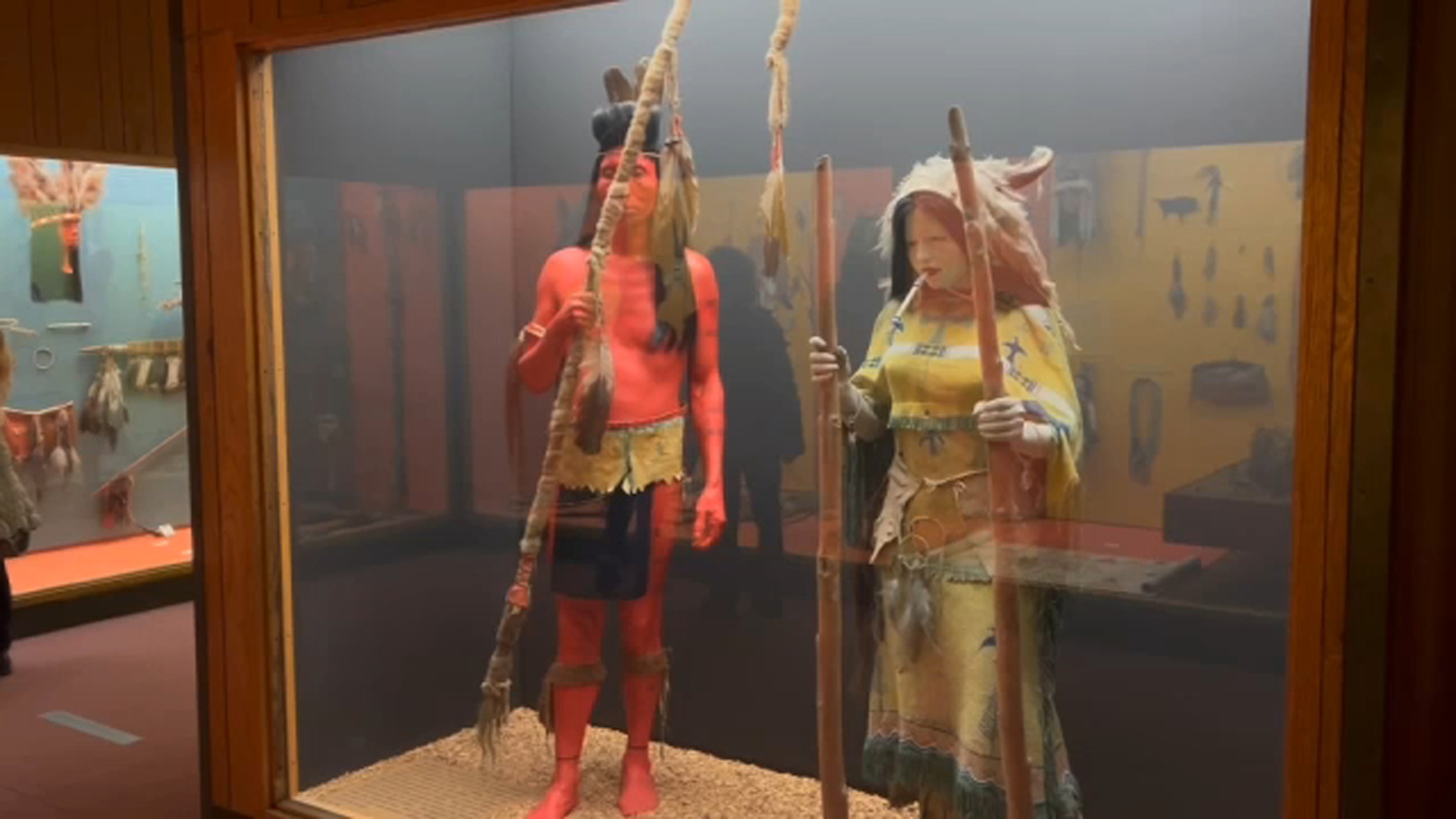The American Museum of Natural History in New York City is closing two major exhibits of Native American
artifacts in response to new federal regulations released by the White
House that require consent from tribes in order to display cultural
items.
The New York Times on Friday first reported the dramatic decision by the 154-year-old museum , among the most vaunted in the U.S. for its encyclopedic collection of some 35 million artifacts.
Approximately 10,000 square feet of exhibition space are being indefinitely made off-limits to visitors, including the Hall of the Great Plains , which includes jewelry, tools, weapons, and other sacred items from the Cree, Cheyenne, Assiniboine, and Crow tribes.
"The halls we are closing are artifacts of an era when museums such as
ours did not respect the values, perspectives and indeed shared humanity
of Indigenous peoples," Sean Decatur, the museum 's president, wrote in a letter to staff on Friday obtained by The Messenger.
"Actions that may feel sudden to some may seem long overdue to others."
The museum is also closing the Eastern Woodlands exhibit , which features items from the Iroquois, Mohegans, Ojibwas, and Crees.
Several of the Native cultural items that have been on display at the museum for years were, in many cases, donated by people who'd stolen them after digging up sacred burial grounds.
Other display cases throughout the museum boasting Native American cultural items will be covered.The scramble over the exhibits is not unique to the Manhattan institution. Other museums in Chicago, Cleveland, and Cambridge, Mass., have also been working to remove items from display or cover exhibitions completely, in order to comply with the new federal rules that went into effect this month.
Those rules , part of the Native American Graves Protection and Repatriation Act that was passed more than 30 years ago, are an attempt by the Biden administration to speed up the return of tribal remains and other items such as burial belongings and sacred objects.
The effect of the closures in New York will have an immediate effect on the five million or so people who visit every year.
Student field trips will be rerouted now that they won't have access to certain galleries, and certain well-known large items in the museum's collection — such as the birch canoe in the Hall of the Eastern Woodlands — will no longer be accessible, at least for some undetermined period.

No comments:
Post a Comment